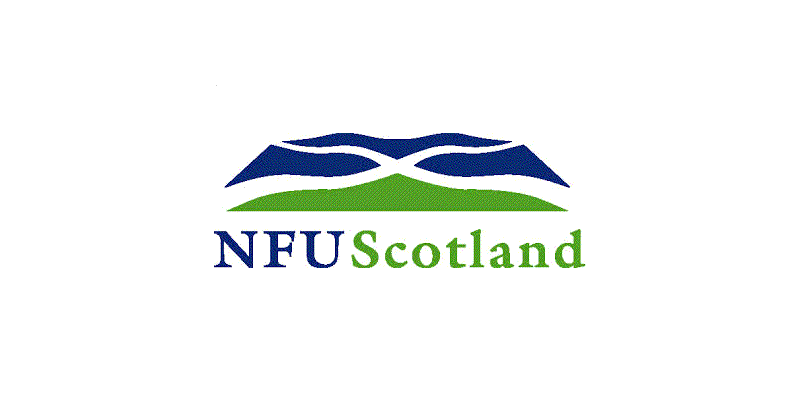National Farmers Union Scotland secure assurance scheme membership as cover until 2018
The Health & Safety Executive (HSE) has announced that new rules on the purchase and use of professional rodenticide bait to control rats and mice will come into force next year. However, the UK farming unions have secured the option for farmers to use their farm assurance scheme membership as proof of competence until at least the end of 2017.
In a move designed primarily to reduce the risk of non-target species – such as barn owls, red kites, buzzards, and kestrels – being inadvertently exposed to rodenticides, the HSE has decreed that from 1 June 2016 anyone wishing to buy professional rodenticide bait (but not fumigants) will need to hold certified ‘proof of competence’ in rodent pest control.
For other smaller sectors – gamekeepers, professional pest controllers, and local authority staff – this proof can only be demonstrated via a formal qualification.
The farming unions have successfully argued that the numbers of farmers who would have needed to be qualified by the 1 June 2016 deadline was so large – in excess of 90,000 across the UK – that there was a real risk that essential rodent control would be under threat. The consequences of this for human and animal health, not to mention food quality and farm business profitability, would have been severe.
The HSE sensibly accepted this argument and agreed that, until 31 December 2017, membership of any farm assurance scheme with a requirement for an audited programme of rodent pest management would be sufficient for the member to continue to be able to buy and use professional rodenticide bait.
In Scotland, both the QMS and SQC schemes meet this requirement – meaning that their combined membership of 13,426 will not be immediately burdened by new red tape. Similarly, members of all the Red Tractor assurance schemes – including the dairy, fresh produce, and poultry schemes active in Scotland – will also be covered until the end of 2017.
NFU Scotland has been working closely with the Campaign for Responsible Rodenticide Use (CRRU), which is charged with administering the new arrangements. CRRU has begun discussions with the farm assurance scheme about if and how they might continue to play a role beyond 2017. The HSE and CRRU have agreed that farm assurance membership may continue to be sufficient after that time if the standards of such schemes are equivalent with CRRU’s own Code of Best Practice. The final decision about any changes to farm assurance will remain with the schemes themselves.
The HSE-led government panel overseeing the scheme will be monitoring the impact of the new arrangements, in the expectation that they will reduce non-target species exposure to rodenticides via changes to user practice – most notably through removing bait once it is evidence that rodent pests have been controlled. The HSE has made it clear that significant reductions in non-target species exposure to rodenticide bait will be essential to ensure future farmer access to rodenticide baits without tighter restrictions.
NFU Scotland’s Deputy Director of Policy, Andrew Bauer commented: “The HSE has laid down a very clear challenge to farming to reduce the amount of non-target species being exposed to rodenticides. This is a challenge NFU Scotland is confident that farmers will rise to meet.
“It is essential that rats and mice – a risk to health, livelihoods and food quality – continued to be controlled on farms. NFU Scotland and the other UK farming unions worked tirelessly to ensure this message was heard, and we were relieved when it became clear our warnings were being taken seriously.
“Farm assured status in Scotland means an annual inspection to a defined standard. We believe that offering this route until at least 2018 means that the industry will have time to raise its game without jeopardising the high standards of our produce and welfare of our farmers.”






